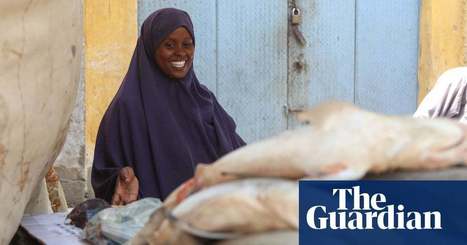As a young, single mother with a fifth-grade education, Sandra Milena Cerón Osorio was unemployed and struggled to support her family for many years. But when she found out that banks offer loans to people with business ideas, she approached Banco de las Microfinanzas Bancamía S.A (known as Bancamía), the first microfinance bank in Colombia, and shared her dream of opening up a neighborhood shop. In 2012, Bancamía, an IFC client, lent her 600,000 pesos--at that time about $330. That was the start of Cerón’s career as a small business owner. Her Bogota shop, which sells “a little bit of everything,” is flourishing. It has enabled her to give her family a much better life than she ever dreamed, she says—and now, her youngest child is now graduating college.
Research and publish the best content.
Get Started for FREE
Sign up with Facebook Sign up with X
I don't have a Facebook or a X account
Already have an account: Login
A collection of articles relating to the 'international' elements of Economics and relating to IB, Pre-U and A-Level Economics.
Curated by
Graham Watson



 Your new post is loading...
Your new post is loading...








This International Finance Corporation clip shows the role of microfinance in fostering development in Colombia. In this instance, a $330 loan allowed a young, single mother to support her bid to open a small shop - and she's now thriving.
However, for all the superficial appeal of microfinance, the empirical evidence about its effectiveness is more mixed; to the extent that many think that its effects on development are broadly neutral, including Nobel prize winners Esther Duflo and Abhijit Banerjee.